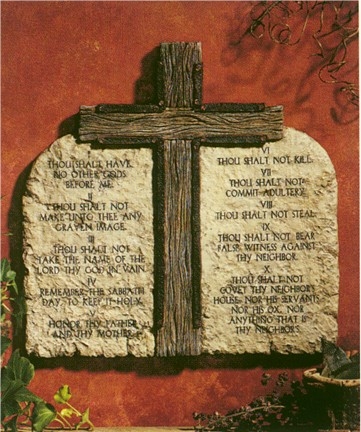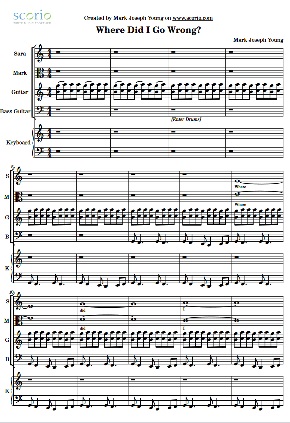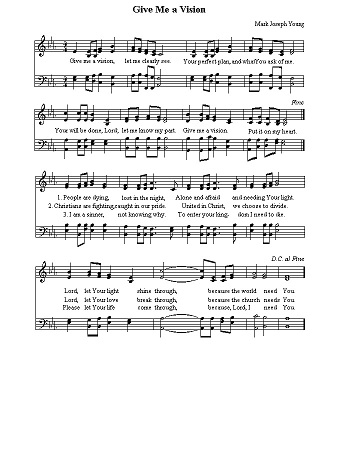This is mark Joseph “young” blog entry #514, on the subject of Legalized Drugs.
Once again I’ve received a difficult question which I shall endeavor to answer: “now that marijuana and shrooms are legal, is it a sin against god to use them?”
Having not so long ago written web log post #508: Christians and the Law I find myself returning to the issue of rules and Christianity, and the question whether having said there that there are no rules, in the sense we think, I will backpedal and say but yes, there are some. I’m not going to do that–but it is again complicated.
Sin, in the Christian sense, is not about breaking rules. It is rather about an attitude of putting self-interest ahead of God. Christian faith is about trusting God and seeking to be as close to him as possible. As I wrote in What Does God Expect?:
Many Christians are asking entirely the wrong kinds of questions. Are Christians permitted to drink wine, or coffee, or beer? Does God forbid smoking cigarettes? How far can you go on a first date, or with your fiancé, if you are a Christian? What clothing does God permit? These questions fundamentally misunderstand the heart of the gospel. Law is about limits and license, about going so far and no further. These questions are like asking how close you can get to the edge of the cliff without being in danger of falling, how hard you can push against God before you push yourself out of His hand. The gospel does not lead us to ask how far we can run away from God before we are out of His reach. It invites us to discover how close we can get to God and to each other. Too many of us are asking whether we can get away with choices God might disapprove. We should be asking what choices will bring us closer to Him, what actions will build our faith, what conduct will encourage and strengthen those around us and bring us all into greater unity in the faith. Christianity is not about how far we can pursue our own selfish desires while staying within the bounds of God’s expectations. It is about how near we can draw to God when that becomes the object of everything we do.
Permit me to elaborate.
Several times in I Corinthians Paul wrote the words “All things are lawful.” There are no rules. However, he gave three qualifiers to that, caveats to this lawless concept.
- The first caveat is not all things are profitable. That is, you can do anything, but it’s better to do things which benefit you than things which don’t.
- The second caveat is not all things edify, that is, build up, strengthen the church, the fellowship we have with others. One of our priorities is to draw closer together with other believers and use our gifts to strengthen them as they use theirs to strengthen us and each other.
- The third caveat is I will not be mastered by any. You should feel free to do anything provided you are equally free not to do it.
That will work out differently for different people. One obvious example is that many people can drink wine or beer with meals or snacks or simply for refreshment, while alcholic beverages destroy the lives of other people.
That example raises another issue. In Ephesians 5:18 Paul advises “Do not be intoxicated by wine…but be filled with the Spirit.” The verb here, often rendered “drunk”, is built on a word that refers to any intoxicant. I, personally, have never understood the appeal of altered states of consciousness (other than sleeping and waking), but beyond that the question really is what value is there in these. Do they have some profit, some personal benefit to the user? In most cases they seem to do more harm than good. Do they build our unity and strengthen other believers? I’m inclined to think the reverse. And there seems to be a rather high danger that use will result in dependency, that the user will be mastered by the use.
So I cannot say that partaking of such intoxicants is “a sin”. I can say it’s a bad idea, and probably inimical to the goals of a Christian life.
I hope that helps.










